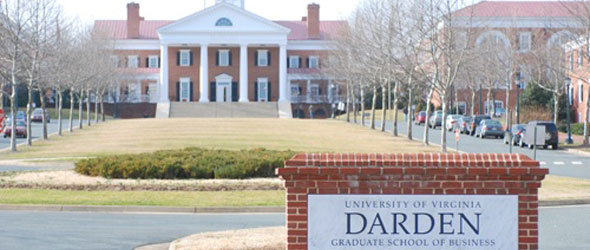CHARLOTTESVILLE, Va., July 8, 2011 – “When the older and younger students play together, my experience has been that the older kids actually display a greater depth of compassion and help the younger students. The younger students, in the company of their seniors, seem to ‘step up’ to challenges and show greater confidence. It’s beautiful to watch happen, this interaction.”
It’s a scene that will play out again for Charlottesville, Virginia educator John Hunter when students from across the world convene at the Darden School of Business to attend the World Peace Game summer academy. During the weeks of July 11 and July 18, students will play the World Peace Game, a multi-layered endeavor for players to develop and use tactics that raise the asset value of the countries they represent, while working to avoid war and conflict. The program is sponsored by the Darden Center for Global Initiatives (CGI) where Hunter is a fellow.
“At the start of the game, the countries represented by students are tangled in disagreement and crisis. Throughout the game, the students must straighten out their differences through diplomacy and strategy, while winning the health and strength of their own countries,” says Hunter, who created the game.
Under his tutelage, the students will hone their skills in negotiation, planning and execution.
“On the final day of the endeavor we talk about the experience and what it was like for the students to navigate such difficult and complex situations. Outstanding players of the game receive the World Peace Game Human Rights Award and the World Peace Game Peace Prize,” Hunter adds.
The first week’s session is for rising 4th and 5th graders. The second session is for mixed ages and beginner players. Each session will be comprised of 30 students who hail from places such as Germany, South Korea, Norway, Saudi Arabia and of course, the U.S.
In addition, primary and secondary educators as well as business and executive education instructors will be allowed to observe the students as they play the Peace game. Their goal will be to explore the game’s potential in helping to teach strategy, negotiation and leveraging difference in other types of classroom scenarios.
Hunter knows a thing or two about these abilities. He had to rely on them in his youth when he was one of seven students chosen to integrate a once all-white middle school in his rural Virginia hometown. Decades later, Hunter’s creation and his achievements in educating gifted students were portrayed in the documentary movie, “World Peace and Other 4th-grade Achievements.”
Cooperation. Harmony. World peace.
Theories abound for how the planet can achieve these, but few have had lasting success. Can these young people attain it?




